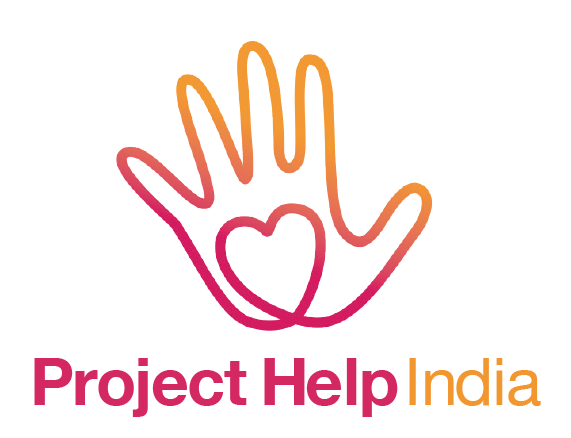These kids have had a great year, and we are so thrilled to hear that they have thrived in their learning at school - despite the challenges of the COVID pandemic. We are delighted that each has made remarkable progress, growing in their academic ability, social skills and self-confidence. As they tackle new concepts and embrace the challenges of their school work we see increasing self awareness and with this comes a realisation that their dreams for life are tangible and something that’s within their reach.
This Christmas, we thank our supporters for giving these kids (along with the other 550 children who attend our centres) the precious gift of an education. Because of you, these kids are flourishing not only with their learning, but in their health and nutrition, ambitions and personal aspirations for the future.
These kids, their families and teachers, send you a big 'THANK YOU’ - along with their greetings and best wishes this Christmas.
Manvi’s Story
Manvi has been a student at our Village Ladpura Centre for 4 years. Manvi has 6 siblings. Her father Mr Ravi Kumar works as a decorator for marriage ceremonies and the family’s financial situation is dire. Caring for a large family is extremely difficult and Mr Kumar has found that this has been exacerbated since the Covid pandemic due to a lack of work. Manvi’s mother, Mrs Baby is a housewife. As Manvi's parents are not educated, they have not been able to teach their children. When we first met Manvi she lacked confidence and openness and due to a lack of education, it was difficult for her to manage day-to-day tasks. Now she is thriving and her parents say that she is a different child. Manvi tells us that she enjoys learning new things like singing, dancing, drawing, and listening to moral educational stories. She dreams of becoming a teacher so that she can educate children.
Karan’s Story
Karan is in 6th grade at our Village Bagnala Centre. Sadly, his father passed away leaving his mother Ruby Devi, to bring up her 3 children alone. Ruby works as a labourer in the fields and does not earn enough to meet the needs of her family. With barely enough to feed her children, education could not be a priority for Ruby. If it wasn’t for Project help, these kids would not attend school. Karan’s teachers say that he is constantly improving and growing in confidence, and because of this he now loves school.
Sehnaaz’s Story
Sehnaaz was once a very uncooperative, ill mannered and disrespectful child who refused to help comply with her parents. She currently studies the equivalent of Grade 5 at the Project Help India Kadarganj Centre where she especially likes sports, dancing, singing, storytelling and reciting poems. Since attending school many positive changes can be seen in her. She helps her mother and even wants to do extra studies at home. When talking with her family, they say that she has changed a lot. Once a very difficult child she now respects everyone now. This has also transformed her family and their home life and they all are very thankful. Everyone thinks that Sehnaaz will be very successful in life because of her fierce determination.
Prachi’s Story
This is 14 year old Prachi. She belongs to a very poor family. Her father’s name is Mr. Raju and her mother’s name is Samlesh. Her father is a labourer and her mother is a homemaker who fetches wood. They have 3 siblings. In a family of 5 members having only a single person employed brings many challenges. In the hard time of the pandemic Prachi’s father was unable to get work making it difficult for the family to survive a single day. Project Help India reached out to this family, supporting them with food supplies, as well as educating the children at our City Centre. Prachi is studying in class 9. Initially she was a very shy, under -confident girl who could barely read Hindi and English, now she excels. After becoming a part of the Project Help India family the change in her personality is visible. Her dream is to become an advocate to help others in need.



















































